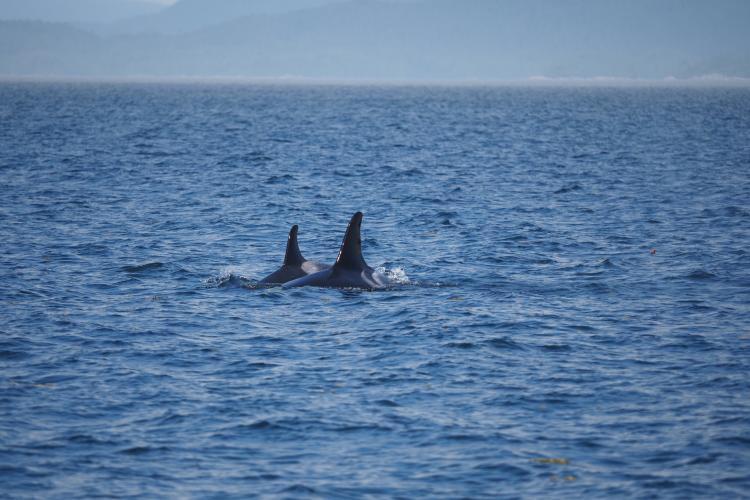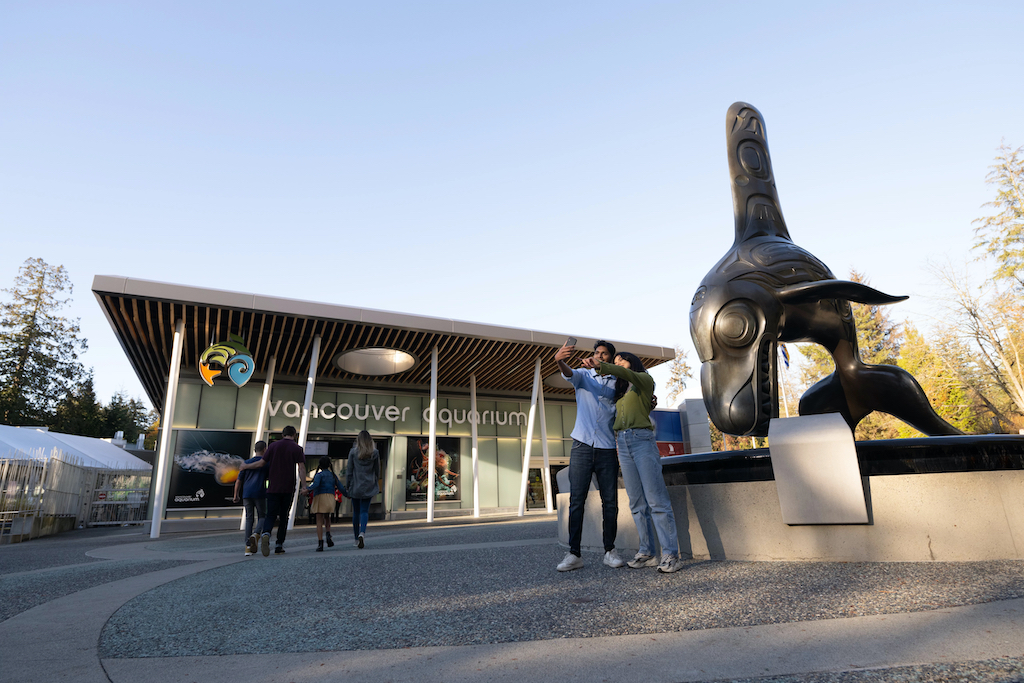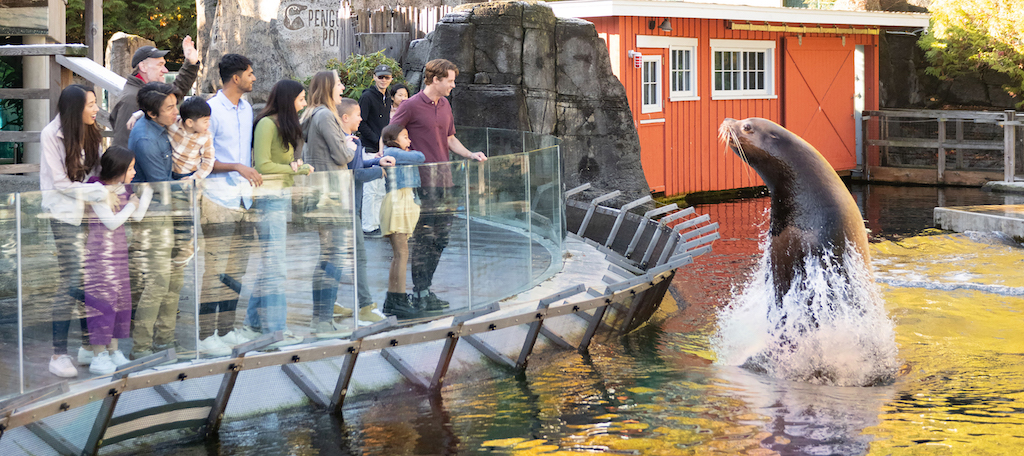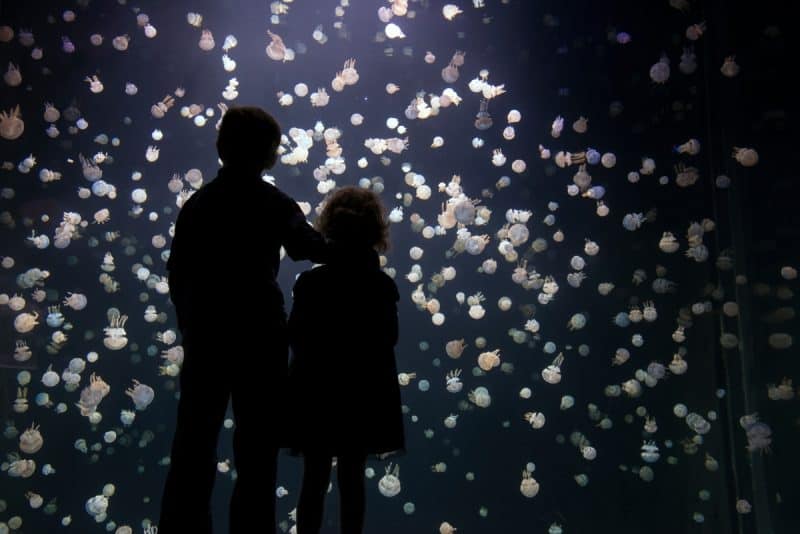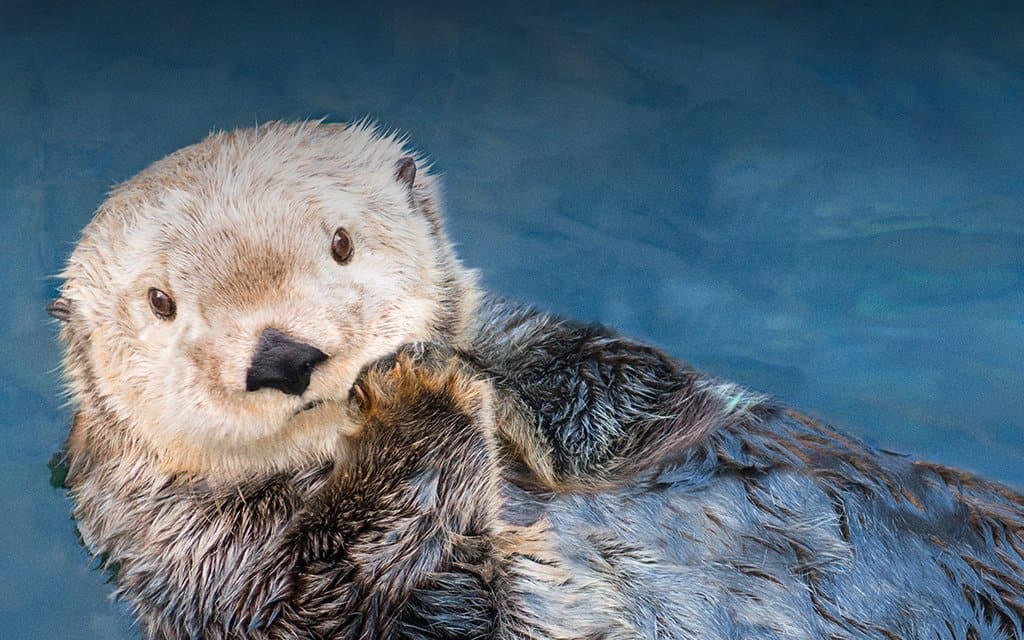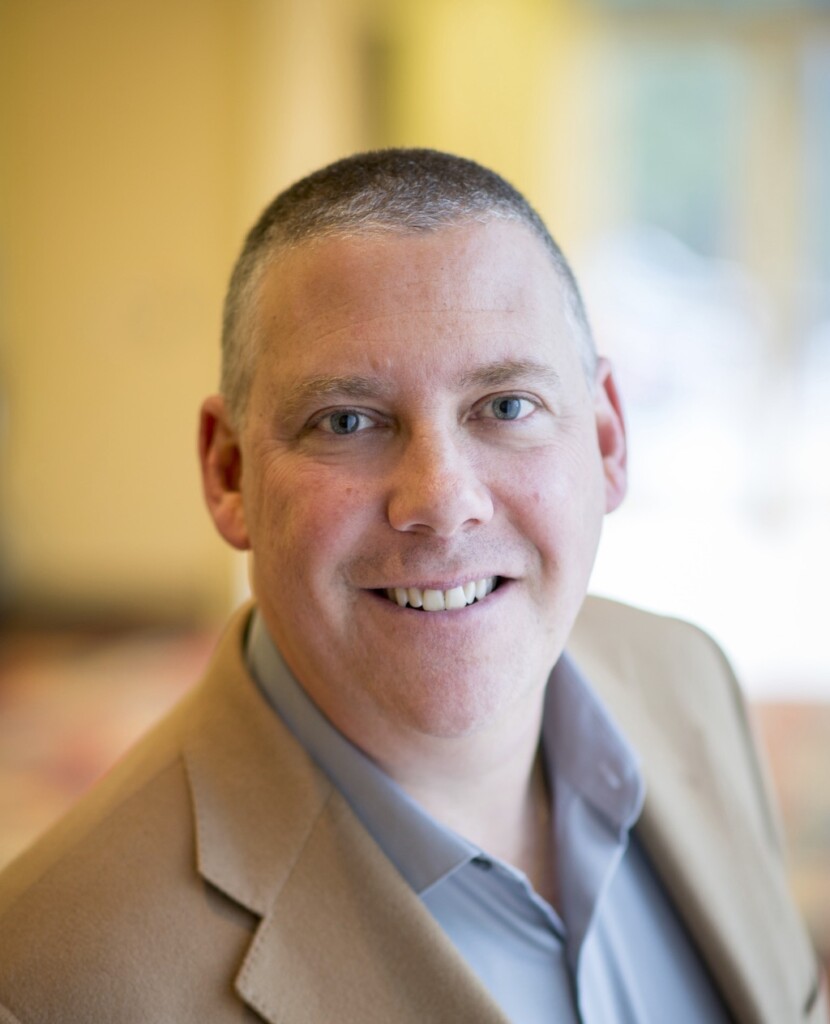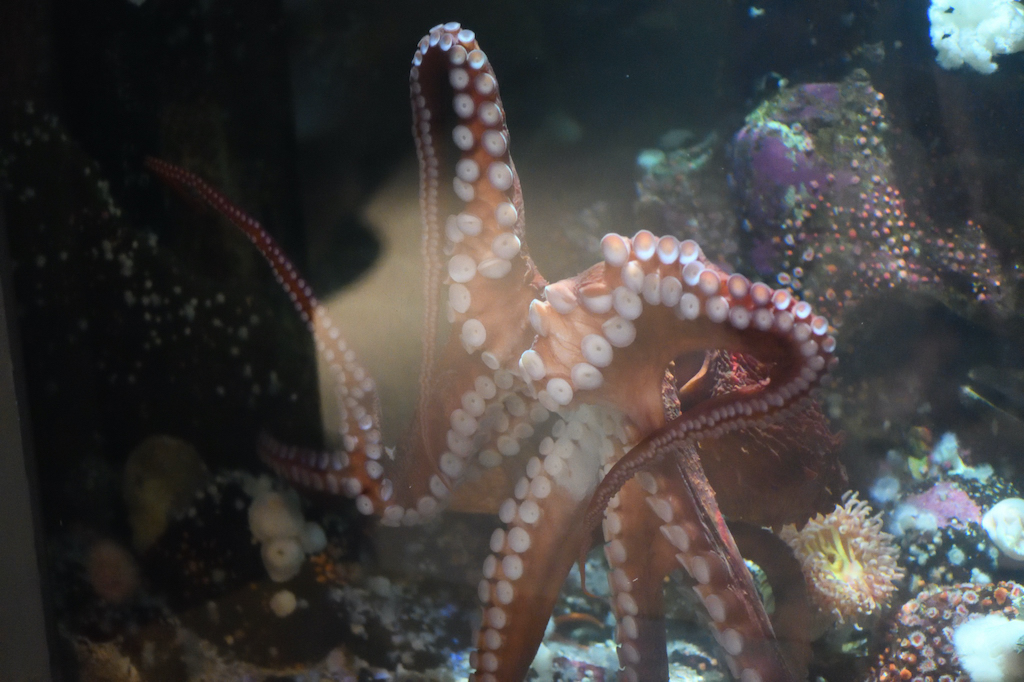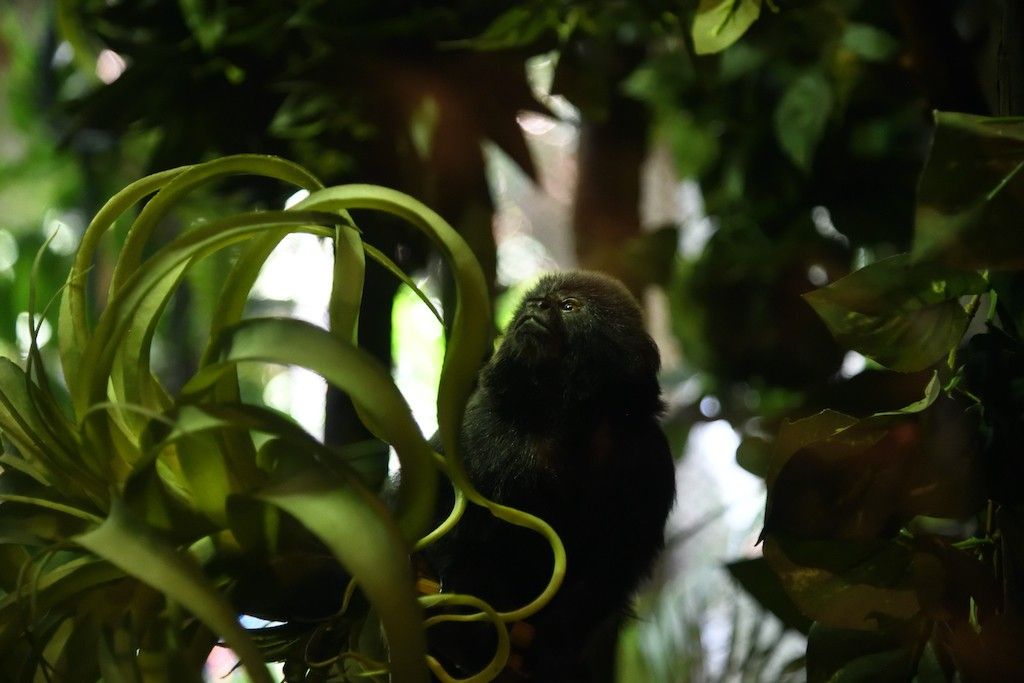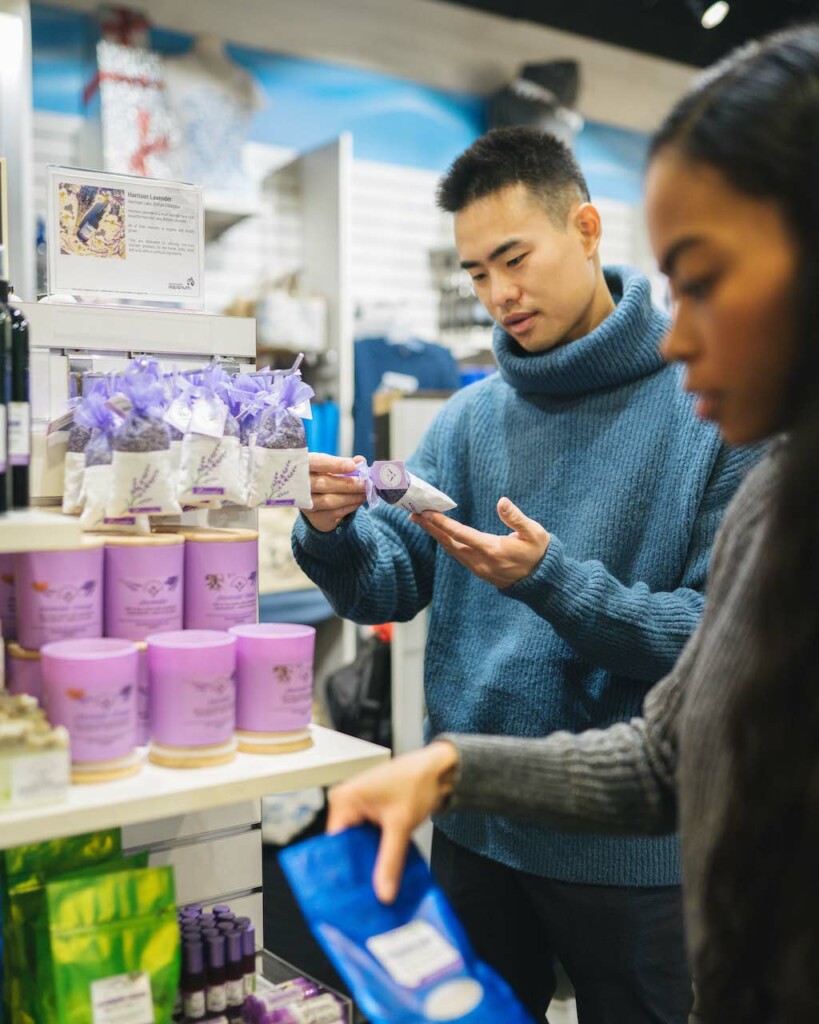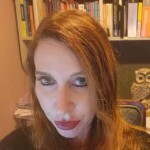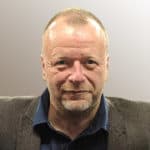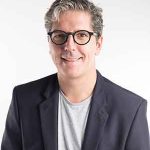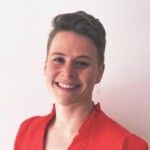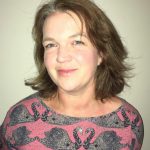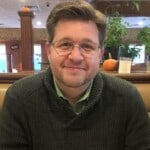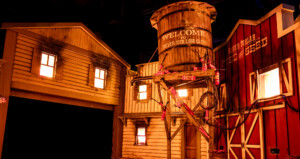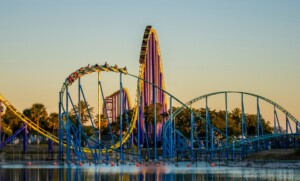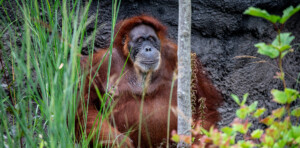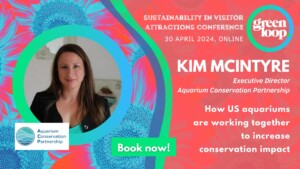Vancouver Aquarium reopened to the public in August 2021, its future secured, after financial challenges forced its doors to close in September 2020. The globally-renowned institution was saved from permanent closure by its acquisition in April 2021 by industry-leading attractions and tourism operator, Herschend Enterprises.
Herschend is the parent company for a family of brands with more than 70 years of attraction operations expertise. This includes numerous Association of Zoos & Aquariums (AZA) accredited aquariums and celebrated entertainment brands, such as the incomparable Dollywood.
“The Aquarium is a Vancouver institution. We are building on its legacy as a renowned animal care and rescue facility, educational venue, and one of BC’s most iconic tourist attractions,” says Eric Rose, senior vice president of zoological advancement of Herschend Enterprises.
The Aquarium is continuing its 60-year history of rescuing marine mammals along the BC coastline through the Marine Mammal Rescue Centre. Herschend Enterprise’s investment enabled the Rescue Centre to continue its mission of treating, rehabilitating and returning marine mammals to the wild.
The history of Vancouver Aquarium
The Vancouver Aquarium began in 1956 with the aim of attaining the highest possible standard of animal care within a top-notch facility that provides an informative and educational guest experience.
In 1975, it became the first aquarium accredited by AZA. In 1977, it was also accredited by Canada’s Accredited Zoos and Aquariums (CAZA) and in 1987 it was designated as Canada’s Pacific National Aquarium by the Canadian Federal Government. Then, in 2016, the Vancouver Aquarium was among the first in the world to achieve Humane Certification from American Humane.
A nonprofit dedicated to conservation initiatives, the institution evolved to be synonymous with excellence in marine animal welfare. Its vision was a world in which oceans are healthy and flourishing.
Clint Wright, vice president and executive director of the Vancouver Aquarium has been part of that evolution for three decades. Speaking to blooloop, he outlines how the pandemic left the globally-renowned aquarium facing the prospect of permanent closure – and how Herschend stepped in to save the day.
A lifelong interest in the ocean
Wright was drawn to ocean wildlife and conservation from an early age:
“I grew up on the East coast of England, in Clacton-on-Sea. From an early age, though I didn’t know the word, I wanted to be a marine biologist. I was interested, at that point, in whales and fish.”
It was to be a lifelong interest. He adds:
“I went to Portsmouth to study aquaculture/environmental science, then changed to biology. The plight of the oceans is depressing, but the resilience of the oceans is incredible.”
He now has four decades of broad-based global expertise in all aspects of aquarium operations. This includes 30 years of progressive leadership experience, from curator to executive director, at Vancouver Aquarium.
An ambitious rescue
From 1999 to 2004, Wright was director of operations at Vancouver Aquarium. During this period he was appointed by Fisheries and Oceans Canada (DFO) as the operational lead responsible for all aspects of the translocation of an orphaned killer whale calf in 2002. This was the first, and, to date, only successful attempt to capture and relocate an orphaned killer whale calf with its family pod.
The two-year-old, 545-kg whale, A-73 (nicknamed Springer) was discovered in a busy shipping channel near Seattle, very unwell, in January of 2002. Scientists believe she was either accidentally separated from her pod on her mother’s death the previous year, or rejected. The population of killer whales on the North American Pacific Coast, already small, was in decline. It was decided by the US and Canadian authorities to capture the calf and return her to Canada.
This is the point at which Wright became involved. ‘Springer’ had been nursed back to health and an inlet off the Johnstone Strait near the fishing hamlet of Telegraph Cove was chosen, since her former pod was known to spend the summer eating salmon there. Observers using underwater monitoring equipment knew when her relatives were in the area.
Vancouver Aquarium grows
The Marine Mammal Rescue Centre, Canada’s only dedicated marine mammal rescue facility, is one of the largest in the world. It has now been rescuing and rehabilitating marine animals for over 60 years. Its hospital allows for the on-site rehabilitation of seals, sea lions, sea otters, sea turtles and small cetaceans, such as harbour porpoises. The team also responds to off-site marine mammal emergencies, including disentangling sea lions along the coast.
“It’s mostly seals, some sea otters, and the occasional big sea lion that gets caught in packing straps,” Wright comments.
During that period, in addition to the successful rescue, Wright was responsible for project coordination and set‐up for a new $40m aquarium and holding building, Shark Reef in Las Vegas.
Over the next three years, he was responsible for aquarium operations comprising $25 ‐37m, overseeing and project managing the design and construction of a $22m, 50,000-square-foot renovation of the Vancouver Aquarium’s administration wing. This resulted in a new education centre ‐ Aquaquest and the Marilyn Blusson Learning Centre. This was the first aquarium building to achieve LEED Gold certification.
A long career in aquarium operations
From 2006 to 2010, as senior VP of aquarium operations and planning, Wright also had project oversight of the Vancouver Aquarium exhibit at Beijing Aquarium, prior to the 2008 Summer Olympics in Beijing. From January 2011 to April 2016, as senior VP and general manager, he oversaw the aquarium team and consultants through the process of the design and construction of the $45 million expansion to the Vancouver Aquarium. This was completed in 2014.
From 2016 until 2021 there was a period during which the Vancouver Aquarium transformed, taking a new leading role in worldwide ocean protection alongside the launch of a new worldwide conservation organisation, Ocean Wise. The institution pivoted from being an aquarium with conservation, research and education programs to a globally-focused ocean conservation organisation that also manages accredited aquariums.
Wright was responsible as a leader for Ocean Wise’s international profile as a conservation organisation, both through aquarium operations and through consulting on projects in North America, Spain, China and Mexico, as well as government relations related to animal issues, and serving as Ocean Wise’s chief aquatic animal management expert.
The pandemic hits
The COVID-19 pandemic hit Vancouver Aquarium hard, in terms of revenue losses. The institution first closed to the public on 17 March 2020. It had to cut operations to the bone to keep its head above water.
“Our 65,000 animals still need to be taken care of. They require specialized diets and expert care from veterinary staff, trainers and biologists. Our animals rely on us for managing every aspect of their environment – temperature, salinity, lighting, oxygen,” he points out. “As a not-for-profit aquarium that receives no government funding for operations, we are almost entirely reliant upon revenues from visitors.”
Reopening could only be at 25% capacity.
“We had one floor open because we didn’t want people on the stairs,” Wright says. “We had to put in a one-way flow, which just isn’t the way the aquarium works.”
It became clear quickly that the reduced visitor numbers meant a sustained loss of revenue. Ultimately, the institution had to lay off 60% of its workforce. Losing staff was, he says, painful:
“These were dedicated people who were passionate about the aquarium. We retained 90 essential staff.”
Vancouver Aquarium faces the threat of permanent closure
Bankruptcy was a very real prospect for the Ocean Wise Conservation Association (OWCA) as the Vancouver Aquarium’s parent organization. This would put the animals housed at the aquarium in jeopardy. A permanent closure would also affect the facility’s unparalleled Marine Mammal Rescue program, as well as the Ocean Wise Sustainable Seafood programme and Great Canadian Shoreline Cleanup programme.
The situation was, Wright comments, desperate.
“It became very clear we were looking at permanent closure.”
Help came from what could be construed as an unexpected quarter. Herschend Family Entertainment (HFE) is possibly better known as the privately owned themed-entertainment company that owns attractions and theme parks such as the legendary Dollywood.
And yet:
“I can’t imagine a better fit than Herschend,” Wright says. “They’re a family company, and that comes across strongly.”
That Herschend has been able to take over Vancouver Aquarium without changing its essence is a testament to that.
Herschend’s zoological operations
Herschend Enterprises is the largest family-owned themed attractions company. It has 11,000 employees collectively serving more than 14 million guests annually across its North American footprint.
As Herschend’s senior vice president of zoological advancement, Eric Rose oversees the organisation’s zoological operations, development, and sustainability. This includes its three world-class aquariums – Adventure Aquarium, Newport Aquarium, and the company’s newest, the Vancouver Aquarium.
He grew up on the Chesapeake Bay in Maryland:
“My grandfather was a waterman, and, as a kid, I was either on or in the water,” he says. “When I got to college, like most kids, I wasn’t too sure what I wanted to do. I discovered, where I went to my undergrad, they had an environmental sciences and aquaculture marine biology program.
“I fell in love with it. For a while, I was actually a fine arts major, but switched within a couple of months.”
A love of the water
He continues:
“My whole life has been shaped by being a kid and a young adult growing up on and in the water, with a very influential person – my grandfather, fishing, and getting in a little bit of trouble here and there. There’s a quote from Louis Pasteur which is pertinent to my personal life mission statement: ‘chance only favours the mind which is prepared’. It sounds a whole lot better in French than in English!”
“There is a philosophy with that statement. Throughout my career, my initial internship with Epcot Sciences was just stumbled across. I didn’t plan on being an intern at Epcot and Disney. But I got exposed to it, and I said, ‘Hey, that’s cool. Let’s go do that’.
“It was the same thing with SeaWorld and then Sydney Aquarium. My wife and I were on vacation down there. The curator said, ‘Hey, we’re doing an expansion in a few years for the Olympics and the millennium. Do you want to come work for us?’ We were like, ‘That’d be great.’ We got our work permits, and moved, lock, stock and barrel.”
A career in attractions
Returning to the subject of Disney, he says:
“I was kind of burnt out on things in life. I had an opportunity to get my MBA and rejoin the Disney Institute. It was not a conscious career move on my part; it was situational. Those students would be the best of my old world, and would, in addition, then help me transition my career. Working for Disney is going up through the ranks. Yes, it’s hard, but if you want to have almost any job on the planet open up to you, you can work for that one company, and do that.”
At this point, however, the opportunity to join Newport Aquarium – and, as it would transpire, Herschend, came up:
“A friend said, ‘There’s an opportunity for this great aquarium in Cincinnati; they’re looking for somebody. Would you be interested?’
“I wasn’t planning on leaving Disney. But to be GM of an aquarium before I was 40 years old blew my mind. It fell in place. Then Herschend came along and bought it. I hadn’t known Herschend before, they acquired Newport Aquarium. I fell in love with the company and the people.”
A unique company
Pinning down the precise qualities that led him to fall in love with Herschend in those early days, he says:
“There are four things. The first was a person, my boss at the time, Jane Cooper.”
Jane Cooper was Herschend president and COO from 2008-2020:
“As we say, people work for people. She made all the difference in the world for me. The second thing, culturally, would be the Herschend company values: it’s not what we do, it’s how we do it. I am not theological. I’m an evolutionary biologist. I just like the way they value the employees and the way the company behaves. The third thing would be the fact that it is the best of a large corporation and a small family-run business all in one.”
Finally, he cites Jack and Pete Herschend of Branson, Missouri, the company’s founders:
“I’ve had quality but limited interaction with them, and, frankly, I would view them as like father figures. I mean that sincerely, just from these little conversations that they have, which are absolutely amazing.”
Saving Vancouver Aquarium
He turns to the subject of Vancouver Aquarium, and the events that led to Herschend stepping in:
“It’s a world-renowned aquarium, and a lot of that is down to Clint. He and I have known each other for quite some time; we are on committees together, and so forth. “
“He’s highly respected, appreciated, and liked, in terms of professional credentials as well as just his personality. He’s the ultimate English gentleman. Culturally, he fits well with our company, as well as in the fact that he’s more than well-qualified, with his consulting experience, and having built and led zoological programs around the world. He is a great fit for our company.
“After all the craziness that happened during COVID, here in the US, attractions and businesses started reopening in the late spring, or early summer. In my role at AZA, I was constantly hosting best practices, Zooms and so on with executive leaders: ‘So, what are you doing? What about this, what about that?’
“I was in the middle of facilitating a lot of that, assisting colleagues, in my role with AZA. Then I heard that Vancouver, which had opened, then closed for a second time in August. That was completely uncharacteristic of what was going on.”
Damage limitation
He decided to reach out.
“I called Clint, to say, ‘Hey, why did you close again? Is there a problem? Is there anything that I, or we, meaning the AZA community or Herschend, could do to help you?’ We were not thinking of acquisition at that point at all.”
Essentially, the Board had determined that the path forward was not to try to rebuild the aquarium and ride it out but to close, and to cut staff to a minimum animal care team rather than trying to keep the aquarium open with marketing, operations, HR teams and so on intact.
It was an exercise in damage limitation; a financial decision by OceanWise to retrench the organisation to its core nucleus, preserving the cash flow so the animals could be cared for while a strategic options review was implemented.
An interesting opportunity
“They weren’t calling it privatisation at that time; they were calling it ‘future strategic options’,” Rose comments:
“It was not what I was expecting. In light of Vancouver’s reputation, if you asked me to list the aquariums that would be able to ride this out and the aquariums that could, potentially, have problems, I would put Vancouver towards the top of the ‘going to ride it out’ list. It’s one of the oldest, most hugely successful, and incredibly well-run aquariums in North America.”
“After I hung up the phone with him, I called Andrew Wexler, our CEO. He had told us to be aware of any opportunities. I said, ‘I’ve got one for you that you are not going to believe. This will never, ever, in our professional careers come up again. It’s a once-in-a-lifetime opportunity, and it has the potential to be that proverbial win-win-win scenario.
“It’s one thing for somebody to really want to sell under positive conditions. Pink Jeep (Pink Jeep Tours) is a great example: a private owner who made a conscious decision to sell to a great attractions operator.”
Vancouver Aquarium rides again
This situation was very different:
“Vancouver Aquarium was in dire straits. The win-win-win scenario for this business model is that, firstly, OceanWise could now go on, unburdened, and be the best global conservation wildlife organisation it could be, with the expertise of all the scientists and educators under CEO Lasse Gustavsson, focused on what they’re highly qualified to do, and what their structure is set up to do.
“Secondly, the aquarium staff, people who were passionate about animals and conservation, could go on doing their jobs. Many of the core animal and engineering teams we inherited had worked there for 20 or 30 years. They had put their life blood, sweat, and tears into that place. We would be able to allow them to do what they do best, which is run a world-class aquarium, and not be burdened by all this other stuff.
“Then, thirdly, for Herschend, we had the opportunity to acquire one of the most iconic aquariums in the world.
“From a business perspective, as an attractions and tourism destination management hospitality company, looking at not just our aquariums, but the diversity of our portfolio, to have an iconic top attraction in a metro tourism destination like Vancouver, British Columbia, is phenomenal.”
Enabling vital conservation work
In short:
“OceanWise gets to thrive. They have a large endowment of funds and can go in and, unburdened by the aquarium business cycle, do phenomenal work with kelp and global warming and sea temperatures and ocean plastics.
“Vancouver Aquarium survives and carries on doing its wonderful work, and Herschend is not just acquiring another aquarium. It’s acquiring a historically iconic institution, and a very high degree of competency that complements our other aquariums, as well as getting us into one of the most iconic destination tourism markets on the planet.”
He adds:
“If you’re a resident of the lower mainland in Vancouver and your grandparents went to the aquarium, and your parents went, and now you have a young family and you want to take your kids, that is part of the Herschend tradition of creating memories worth repeating. We get to continue that legacy.”
Building connections
Transitioning to the community perspective, he adds:
“At every property that we have, we expect the general managers and the local management team to engage with the community. Our brands, our activities, our societies, foundations, community engagement and government relation programmes are very specific to those communities. There are more differences between Newport and Adventure Aquariums, though both have sharks and penguins, than there are similarities. They are very different markets, and Vancouver is different again.”
In terms of what will change for Vancouver Aquarium under Herschend’s umbrella, Rose says:
“The words of the mission change. I can go into a long description of the differences between profits and nonprofits. They are more similar than you would suspect. But our goal, and this goes back to the first time I met Jack and Pete [Herschend] at the aquarium, watching a family in front of this tank: a dad, a mom and some kids, just having fun and interacting. They were like, ‘That’s exactly what we want to happen.’
“Our goal is to let people fall in love with the animals. You can’t conserve and protect what you don’t understand.”
Embracing a new chapter
Many of those who lost their jobs as the aquarium faced closure have them back.
Rose qualifies this:
“To be transparent, there are some that may not want to come and work for an American entertainment company. Though the people that know Hershend don’t judge a book by its cover.”
“A lot of people wanted to come back, and they were willing to give it a try. During the first three or four months through the summer, I received a lot of requests for one-on-ones with staff. Some were excited, and some were disgruntled. We just talked. My advice was always the same. I listened to what they had to say. I would always tell them that they needed to do what was best for themselves and their family above anything else and that they just needed to give us a try.
“If they found it wasn’t going to be right for them, then I would 100% support any decision they chose to make. I would say 99% of the people gave us a shot. That is probably a better ratio than most ongoing businesses.”
The staff make Vancouver Aquarium
He adds:
“People want to be engaged and rewarded in the work they do. They want to have a sense of accomplishment, be respected and be adequately compensated for the work they’re doing. We hired 100% from the local economy.
“I travel up there every now and then, of course, but I don’t work for Vancouver Aquarium. I just support them.
“Clint has been there forever and is very much the face of the aquarium despite multiple CEOs. He has the trust and love of the entire team, so he as an individual was critical. We frequently say that nobody is irreplaceable. Some are. Clint was pretty critical in this situation. As far as Vancouver Aquarium is concerned, he’s the wizard behind the curtain.”



